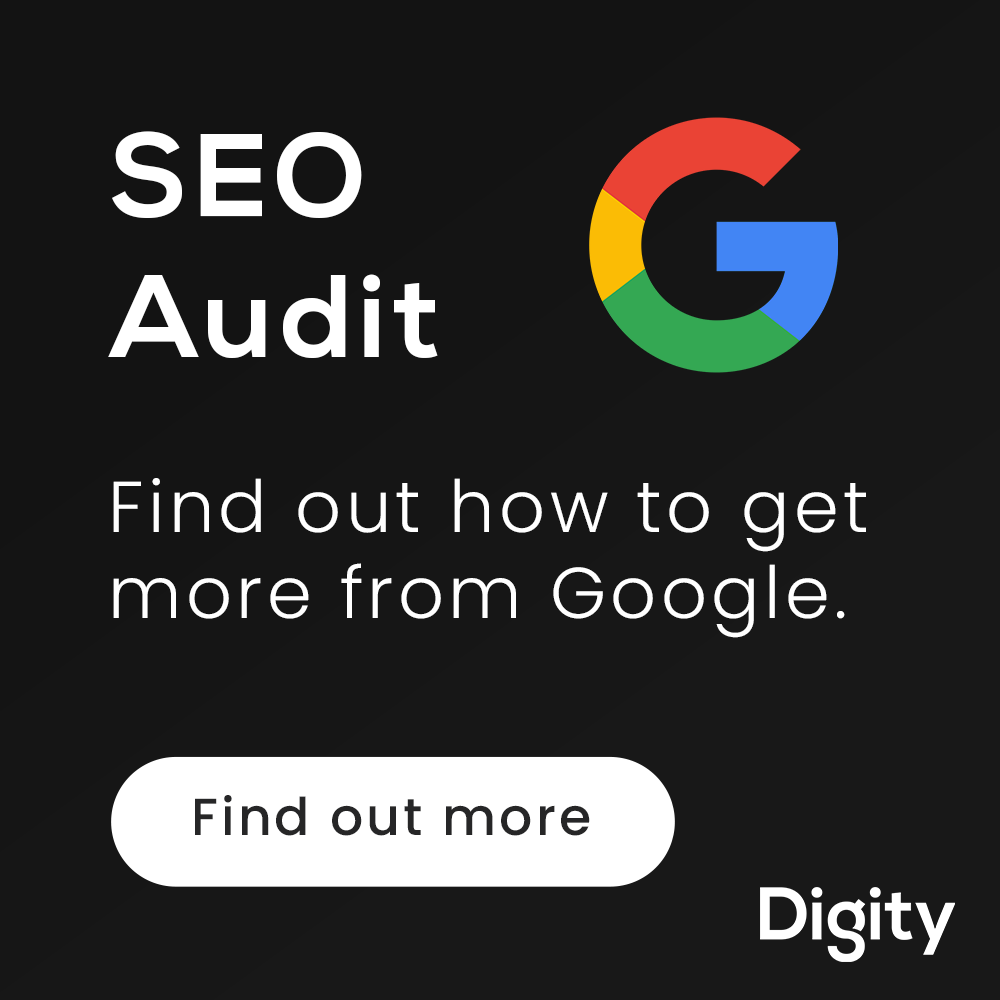How to use Metadata Effectively to Help your Brand Stand Out Online
Metadata is one of the most important parts of your website - it provides search engines and visitors with detailed information about the individual pages on your site. While it provides necessary information to someone visiting your website, metadata plays a more crucial role behind the scenes - it also helps search engines establish where in the results your website appears. That means metadata is almost directly responsible for how easy it is for people to find your content - which, according to Key Content , is a fact often overlooked.It goes without saying then that using metadata correctly can be the key to increasing traffic flow to your website. There are two important factors to metadata - title tags and description tags and both are essentially what they say on the tin. The title tags dictate the title of your webpage and provide visitors and search engines with an immediate knowledge of what your page is about. The title, which appears in the top left-hand corner of the browser and also within the tab itself, should be concise and explain exactly what your page is, with the most relevant keywords near the front.Meanwhile, description tags are similar to title tags in that they provide visitors and search engines with information on your webpage. This time however, the description tags form the ‘meta description’, which is what Google will use as a summary of your webpage on the search engine. The text beneath every link on a Google search page - that’s the meta description for that particular page. A visitor is able to determine how relevant a page is to their interests by seeing just how often a term they searched shows up in the description - Google even helpfully emboldens the terms. It’s also important to note that your meta descriptions show up as the page summary if a link is shared through social media - so the likes of Facebook and Twitter for instance. As noted by Claire Atwell for New Media Campaigns , this means meta descriptions are critical in improving your click-through-rate.It’s clear to see then just how metadata can really help your brand flourish online. Well thought out title and description tags can be the difference between a low search engine ranking and reaching the top of Google. Keywords are also just as important, but it’s crucial to include them in a way that feels organic, rather than simply stuff your meta description with them. It’s important then, when creating your metadata, to remember to be succinct. Title and description tags only allow you a very small window to impress - it’s best to make the most of it.If you need any assistance with metadata for your own website, contact us on 01189 100 012 or drop our experienced team a message on hello@digity.co.uk.
This blog post was written by:
Find out more
If you'd like to see how our team can help your business, get in touch:





